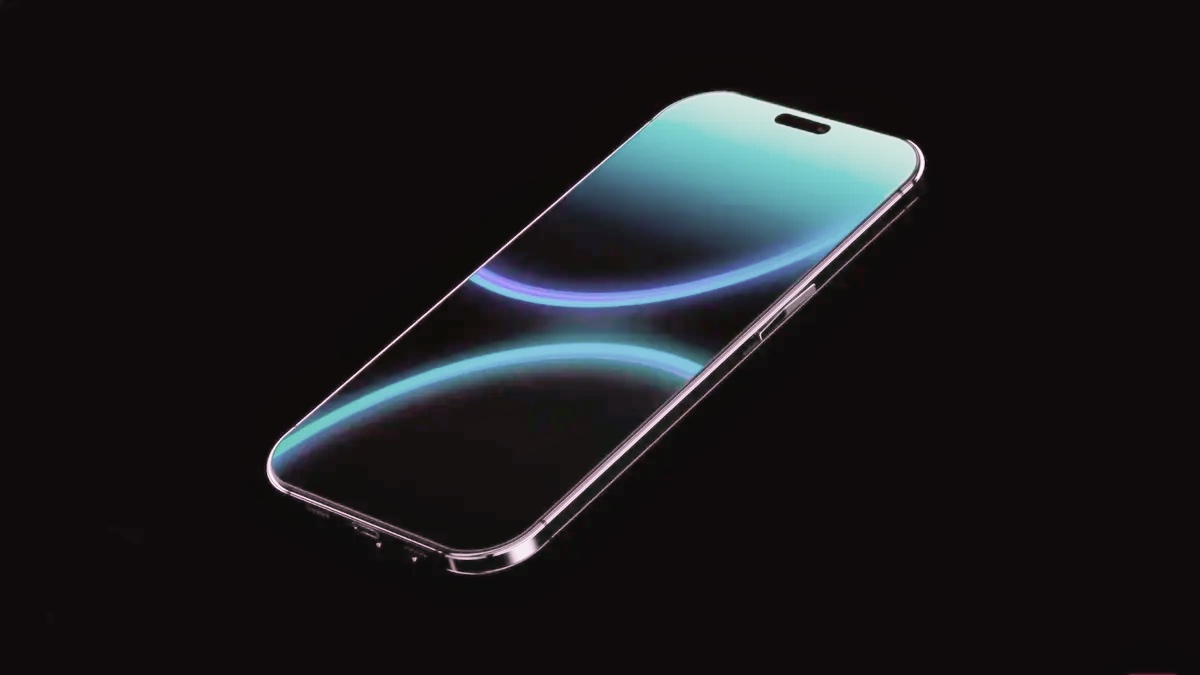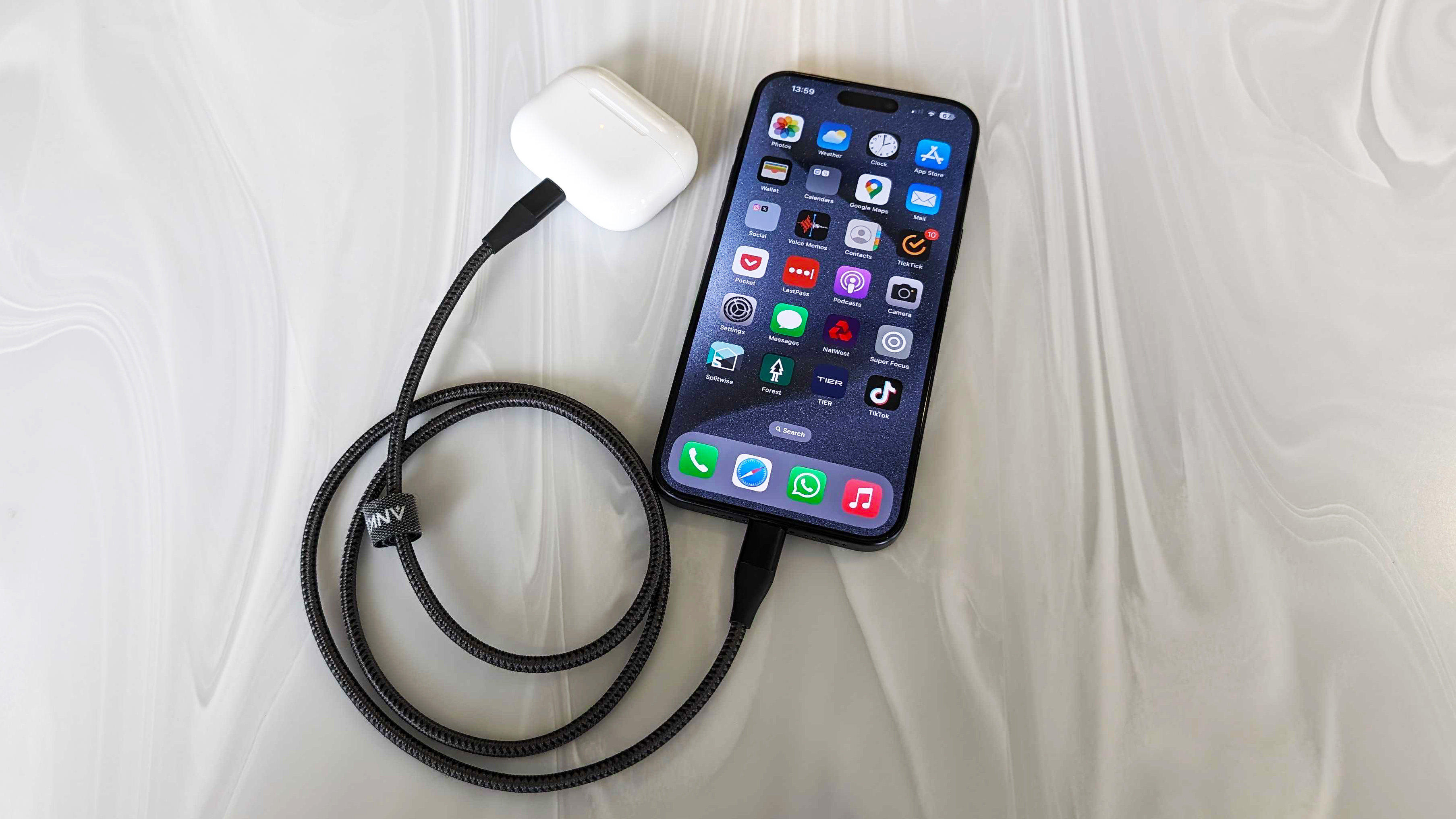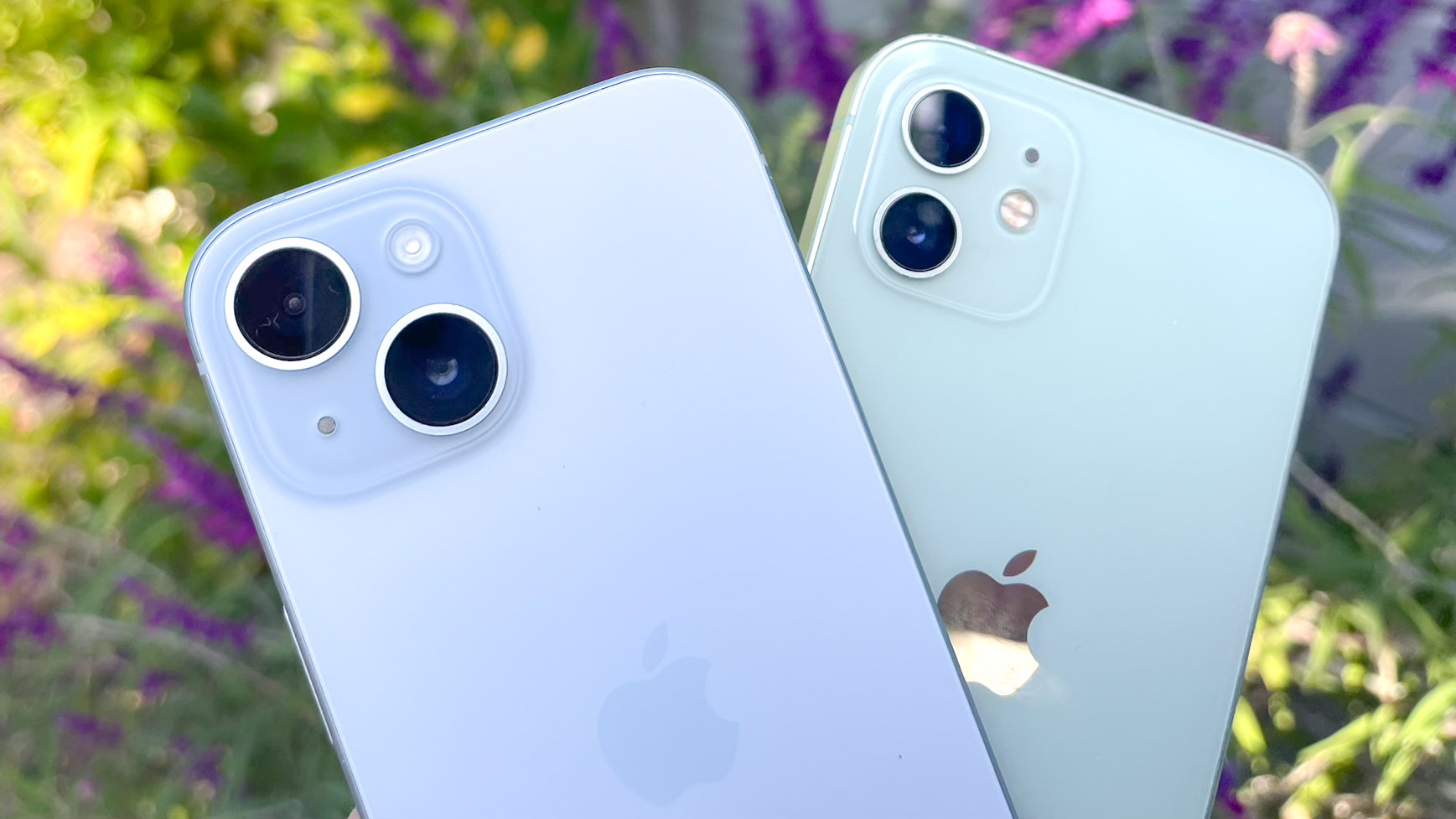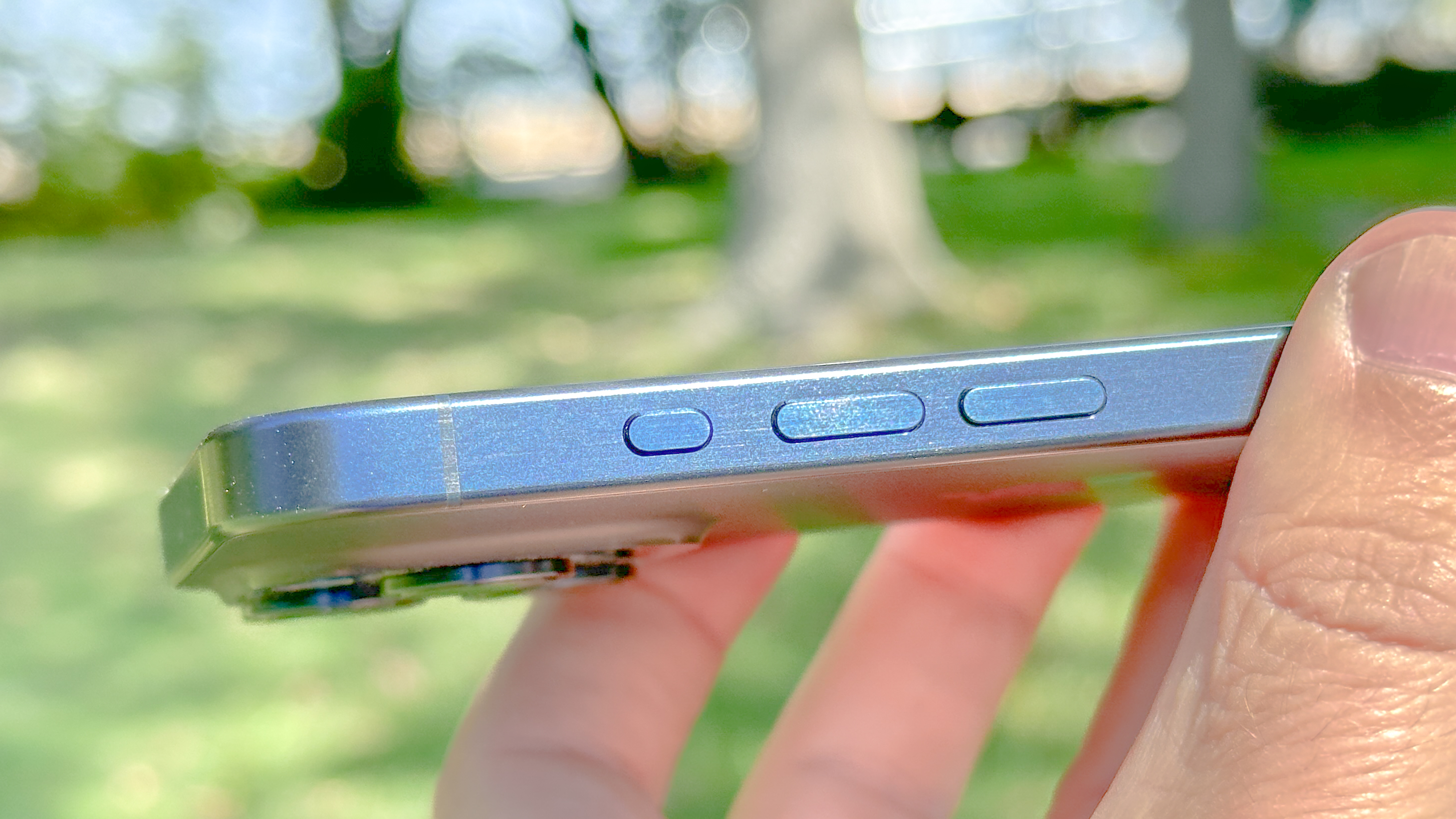I've fixed a lot of phones and this one missing iPhone design feature still baffles me
The iPhone is a wonder of engineering, but one thing still needs fixing

Apple has a relatively simple design philosophy, at least to my eyes. It seems to desire its phones appear as sleek and minimalist as possible. There are few buttons, and the extra one added for the latest model still can only be used for one thing at at time.
And then there's the watershed moment when Apple removed the headphone port from every phone since the iPhone 7. Courage. This philosophy can be seen in the iPhone 15 and the renders of the iPhone 16. Yet there is something that the iPhone really is missing, and its lack of inclusion has always surprised me.
I have worked in several phone-based careers, primarily in repairing and renovating them. Through my time in those positions, I saw one fault come up almost constantly. It had nothing to do with the phone but was often down to a very basic design flaw.
The flaw in question was the charging port being open with no means to cover it. I have seen more people bring in brand new phones claiming that they no longer charge than I care to think. Yet the issue is often down to one of two situations.

Why does the charging port break?
The first problem usually has to do with pocket contents getting into the port. The small pieces of dirt inside of a pocket can gather inside the phone's charging port. For the most part, this won’t affect the working of the port, at least for a while. The problems come up when the charger goes into the port. Over time the pressure of the charger will push the lint and dirt down, compacting it. This compacted mass will grow until the charger will no longer fit in the port.
The second has to do with people trying to fix the prior issue without knowledge of how to do so. It seems like an easy fix, just get something thin and move it around in the port to clean out the lint and dirt.
The issue is that ports are made up of pins that cover a plastic extension. These pins are delicate and if hit in the wrong way, and if they come off then they will break. Each broken pin will cause more and more issues with the phone until it no longer charges. This is a big problem if trying to clear out a USB-C port like the one found in the iPhone 15 series.

The easiest solution would be a simple cover
Both of these issues seem pretty easily fixable, and they are. However, repairing the issues can take time, money, or both. The other issue is certain models no longer have a separate circuit board for the charger. This means any repair will completely wipe the phone's memory. The easiest fix would be to build a cover into the phone that protects the charging port.

A covered port can do more than just protect the charger
There are several advantages to covered ports, the first being a visual improvement. As I stated, I've always found it odd that Apple never added the feature. They seem to want to keep the bezel seamless. The addition of a well-built cover would help to do this and make the base of the bezel seem more uniform.
The second advantage is, obviously, fewer errors due to blocked ports. There could be some concern that the cover itself would break. But Apple is a strong enough designer to fit a cover that would remain issue-free without too much effort. This would allow people to keep their phone in their pocket with no worry that it may stop charging. This would also be an advantage to older users as it would mean fewer trips to repair a minor issue.
Apple is not known for engaging with ideas that have come from their main competitors. However, it's an addition I feel Apple is missing out on if it doesn't consider it for future iPhone models. Some phone cases have covered the port in the past (I remember early Sony Xperia models had pull-away flaps to keep the numerous ports covered up), but those are few and far between.
Of course, it's almost certain we won't see a cover on the iPhone 16 but the future is anyone's guess. The concept could make an appearance at some point if only to save poor phone engineers some time. I know I would have appreciated it myself many times over in the past.
More from Tom's Guide
Sign up to get the BEST of Tom's Guide direct to your inbox.
Get instant access to breaking news, the hottest reviews, great deals and helpful tips.

Josh is a staff writer for Tom's Guide and is based in the UK. He has worked for several publications but now works primarily on mobile phones. Outside of phones, he has a passion for video games, novels, and Warhammer.
